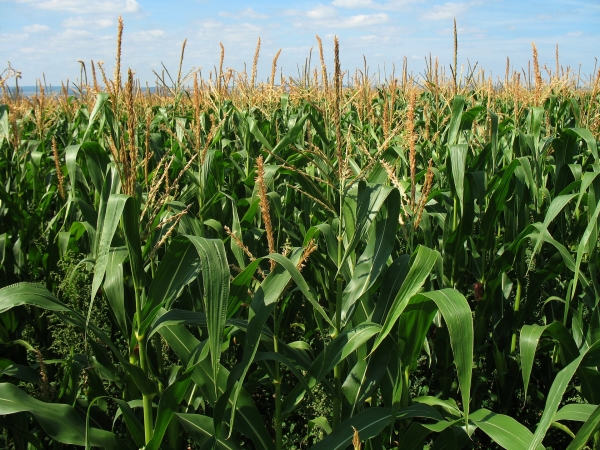Climate change will make the U.S. Corn Belt unsuitable for cultivating corn by 2100 without major technological advances in agricultural practices, an Emory University study finds.
Environmental Research Letters published the research, which adds to the evidence that significant agricultural adaptation will be necessary and inevitable in the Central and Eastern United States. It is critical that this adaptation includes diversification beyond the major commodity crops that now make up the bulk of U.S. agriculture, says Emily Burchfield, author of the study and assistant professor in Emory’s Department of Environmental Sciences.
“Climate change is happening, and it will continue to shift U.S. cultivation geographies strongly north,” Burchfield says. “It’s not enough to simply depend on technological innovations to save the day. Now is the time to envision big shifts in what and how we grow our food to create more sustainable and resilient forms of agriculture.”
Burchfield’s research combines spatial-temporal social and environmental data to understand the future of food security in the United States, including the consequences of a changing climate.
Read more at: Emory University
Photo Credit: PublicDomainPictures via Pixabay


